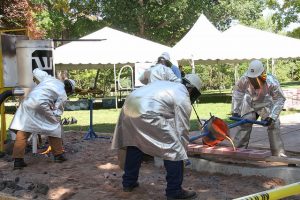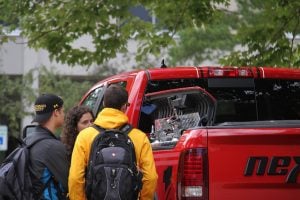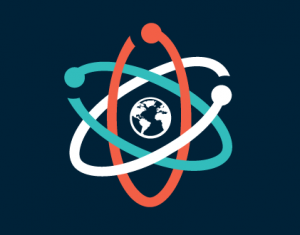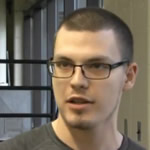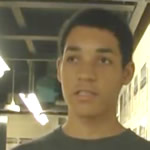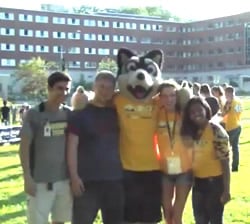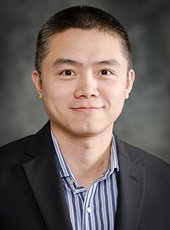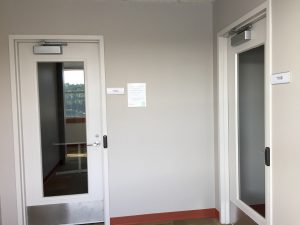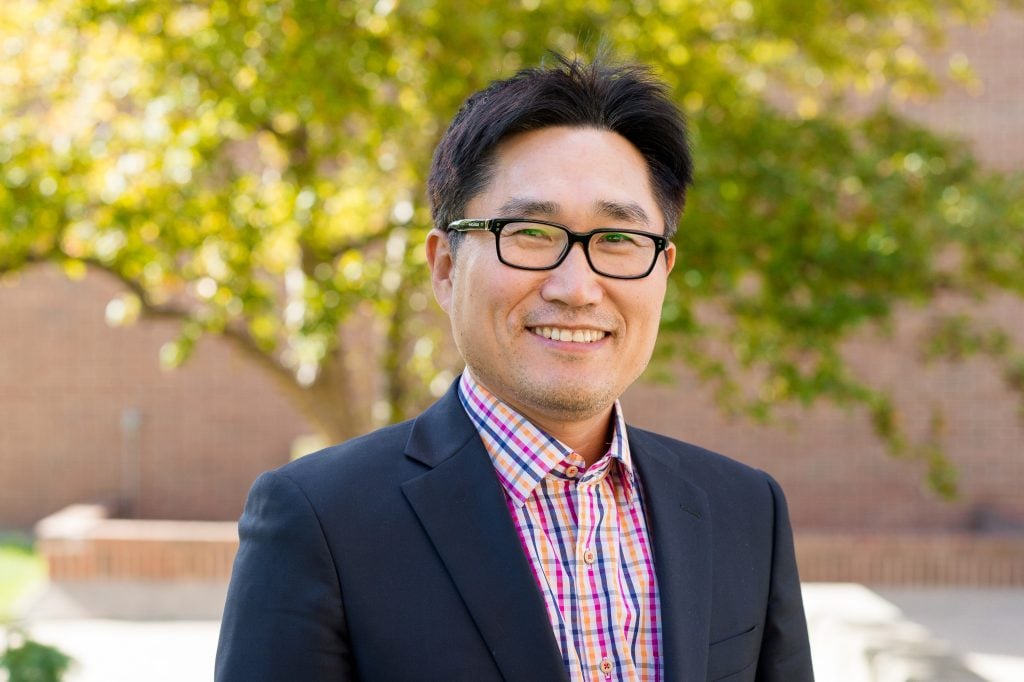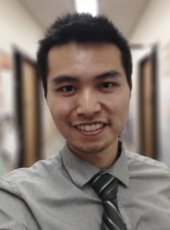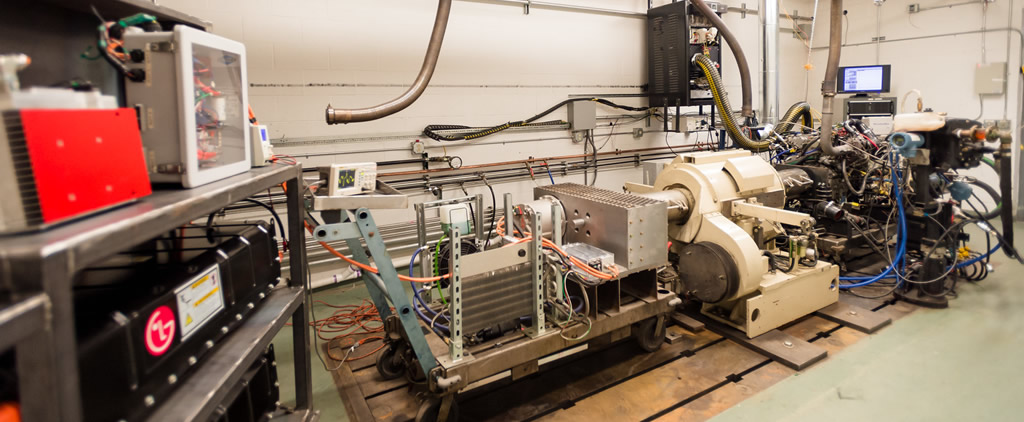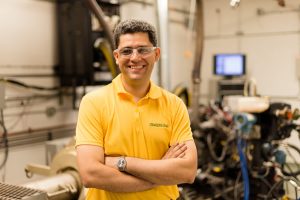 Many iron ore deposits around the world are extensive and easy to mine, but can’t be used because of their high phosphorus content. Phosphorus content in steel should generally be less than 0.02 percent. Any more and steel becomes brittle and difficult to work.
Many iron ore deposits around the world are extensive and easy to mine, but can’t be used because of their high phosphorus content. Phosphorus content in steel should generally be less than 0.02 percent. Any more and steel becomes brittle and difficult to work.
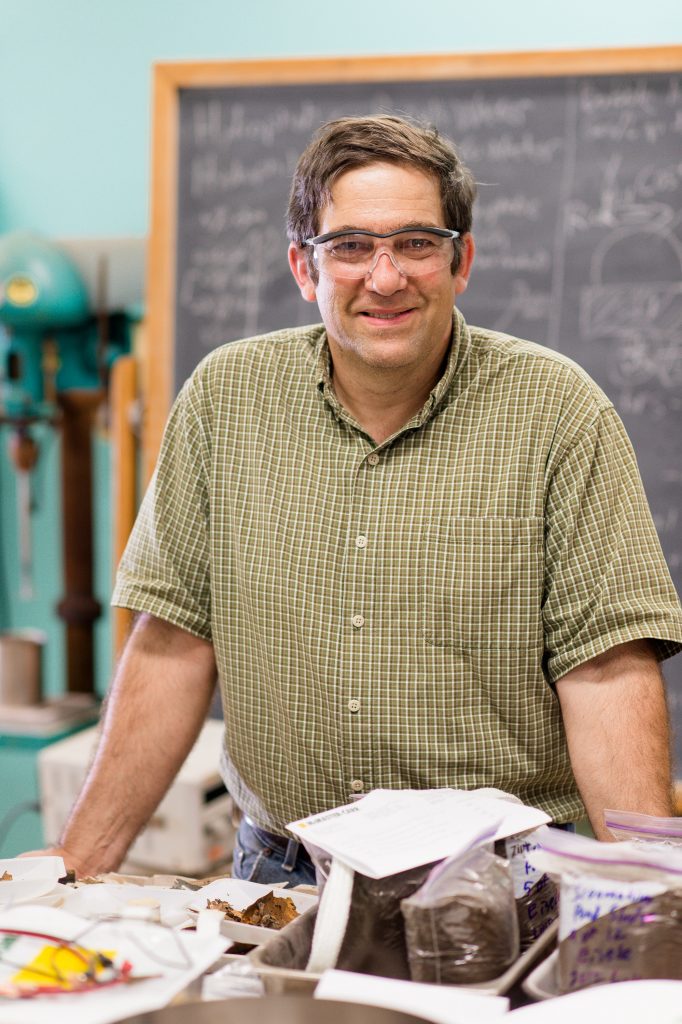
Chemical Engineering
Beneficiation plant processing, which treats ore to make it more suitable for smelting, only works if the phosphorus mineral grains are bigger than a few micrometers in size. Often, phosphorus is so finely disseminated through iron ore that grinding and physically separating out the phosphorus minerals is impractical.
Michigan Tech researcher Tim Eisele is developing communities of live bacteria to inexpensively dissolve phosphorus from iron ore, allowing a low-phosphorus iron concentrate to be produced. “For finely dispersed phosphorus, until now, there really hasn’t been a technology for removing it,” he says.
Phosphorus is critical to all living organisms. Eisele’s experiments are designed so that organisms can survive only if they are carrying out phosphorus extraction. He uses phosphorus-free growth media.
“We’ve confirmed that when there is no iron ore added to the media, there is no available phosphorus and no bacterial growth.”
Eisele is investigating two approaches, one using communities of aerobic organisms to specifically attack the phosphorus, and another using anaerobic organisms to chemically reduce and dissolve the iron while leaving the phosphorus behind. He obtained organisms from local sources—his own backyard, in fact, where natural conditions select for the types of organisms desired. Eisele originally got the idea for this approach as a result of the high iron content of his home well water, caused by naturally-occuring anaerobic iron-dissolving organisms.
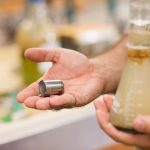
Eisele cultivates anaerobic and aerobic organisms in the laboratory to fully adapt them to the ore. “We use mixed cultures of organisms that we have found to be more effective than pure cultures of a single species of organism. Using microorganism communities will also be more practical to implement on an industrial scale, where protecting the process from contamination by outside organisms may be impossible.”
